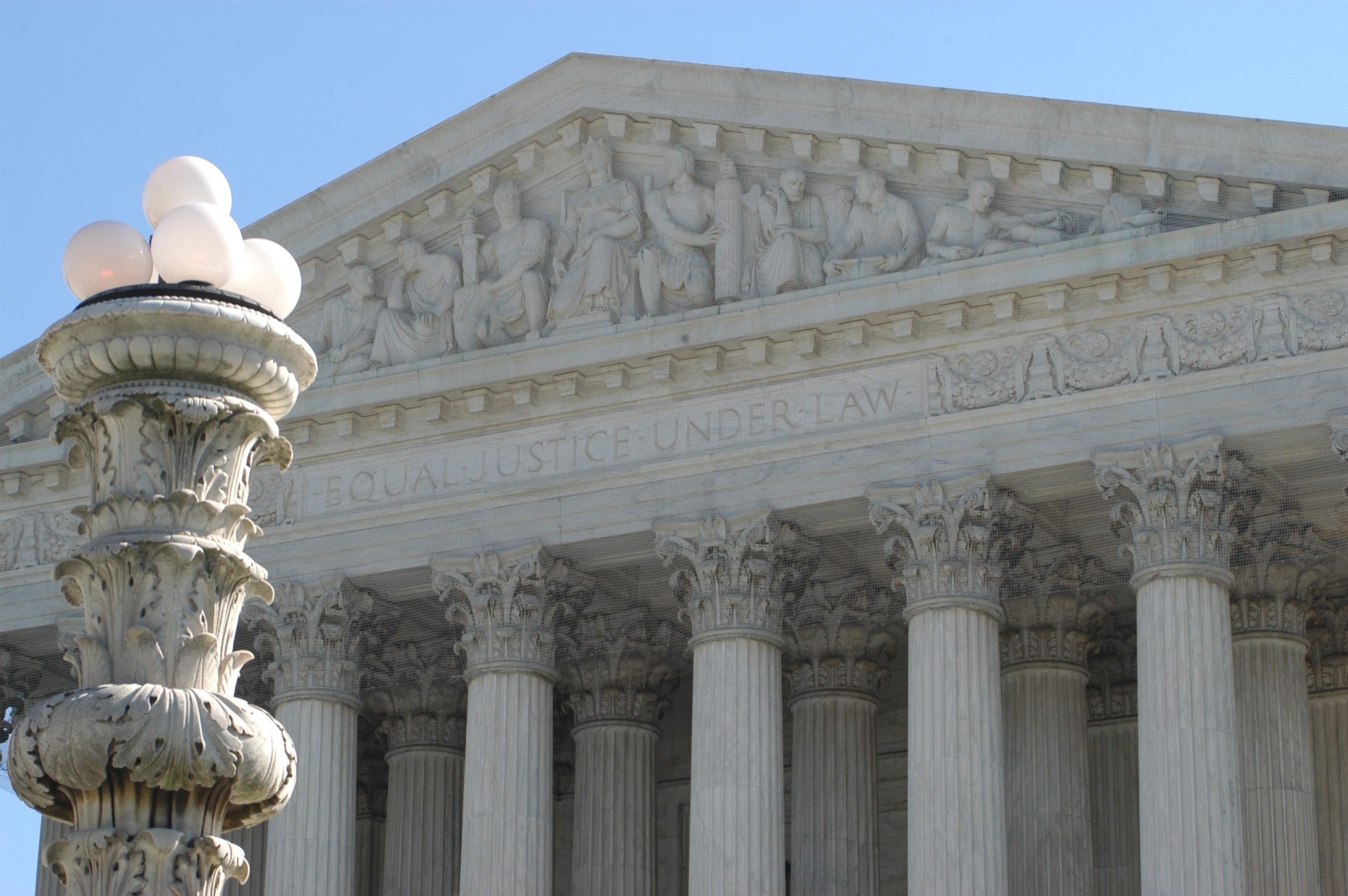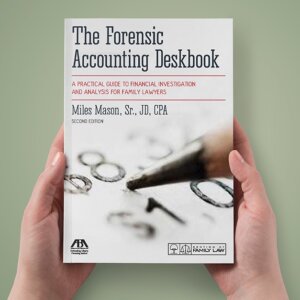The Family Gift That Couldn’t Be Ungiven
I grew up in a household where my father worked as an engineer for a large manufacturer. My mother and I worked in small family businesses where there were 5-10 employees. Suffice to say we had some interesting dinner conversations about how small business works in contrast to big business.
In four decades of working in and around family businesses, I soon realized that family businesses often live in their own worlds. These worlds are unconstrained by outside laws including tax laws, labor laws, and as we learn in Boyko v. Boyko, even laws related to gifts. The facts provided in the December 1 opinion of the Pennsylvania Superior Court are a bit sketchy but the problem is a common one.
What we do know is that in 2004 Donald Boyko conveyed 10 properties to his sons Eric and Carl. In a case filed in 2021 “the Donald” alleged that his conveyance was subject to an oral agreement that the sons would return the properties any time their father asked them.
That didn’t take long for 16 months later Donald’s lawyer wrote to Eric and asked for the properties back. Eric ignored the request prompting “the Donald” to hire a new lawyer to write a new letter to both Eric and Carl renewing his request to get his properties back. This letter came with the veiled threat that Father would pursue “legal theories” unless the reconveyance was effected. This was enough for Carl, who signed deeds conveying his interests back to his father. Eric continued to ignore his father and the lawyer who harbored the “legal theories.”
The harbor of legal theories must be a distant one because for the next 13 years nothing happened. Well, that’s not quite correct because the opinion later informs us that “the Donald” invested $600,000 to “maintain and improve” the properties which he had conveyed to his kids in 2004. The Superior Court kind of bypasses the point but it does mention that “the Donald” also continued to collect the rents associated with the properties throughout all this time. One can only wonder how the accountants recorded the income and expenses of these properties on federal and state income tax returns during this time.
By 2018 dad had enough. He confronts Eric and it seems that did not go well as “the Donald” then filed a Protection from Abuse (PFA) claim against Eric. As the case approached hearing an agreement was purportedly reached by which the claim would be dropped if Eric would…..you guessed it…. return the 10 properties. Again, the opinion is not explicit, but it appears the PFA was dropped. Yet, Eric again refused to sign any deeds.
In July 2019 and again a year later, Eric initiated actions against Carl to partition the 10 properties. This suggests that while Carl had signed deeds in favor of his father back in 2007 they had never been recorded. Rather than record the deeds and file an answer professing he no longer had an interest, Carl filed counterclaims against his brother demanding that Eric join in returning the properties to their father just like was “orally” agreed in 2004. In April 2021 “the Donald” weighed in with his own actions seeking specific performance of the oral agreements or $600,000 in “restitution” for the money he had laid out while he held no title but collected all the rents. The two partition actions, the counterclaim and the resulting/constructive trust cases were consolidated in Lehigh County. Eric sought summary judgment dismissing the claims and got it in December 2022. Thus, the appeal.
Carl’s claims were easy to knock out. Carl and Eric were the grantees of the properties. Carl had no standing to assert his father’s rights to any reconveyance agreement. As for “the Donald” Eric asserted the statute of limitations. Dad had demanded the properties be returned to him in 2006. Under contract law when he didn’t get what he wanted, under “legal theories” he needed to file to recover by 2011. 42 Pa.C.S. 5526(3).
But what about that claim for Protection from Abuse that came up in 2018? That’s where Eric supposedly said he would give up his interest in 10 properties in exchange for the right to still communicate and visit with his dear old dad. On this issue, the opinion becomes a bit “light” on the law. It talks about the appellant’s absence of cited authority to support what the court terms a renewed promise or “acknowledgment of debt” theory. But then the court cites that nettlesome statute of frauds; the one that says conveyance of interests in land need to be evidenced by a writing. 33 Pa.C.S. Section 1.
Again, the facts are sparse but we know that courts are not supposed to evaluate the adequacy of consideration but only its existence. Father had filed a PFA against his kid and alleges the kid agreed to reconvey the properties in exchange for the discontinuance of the protection from abuse case. That’s not a renewed promise or an “acknowledgement” of a stale debt. Technically, that would seem to be fresh consideration. I withdraw my new chose in action and you give me 10 properties. As for the statute of frauds, if the PFA withdrawal recited the agreement either in writing or a court transcript, it would seem the statute’s demands would have been met.
One suspects the trial and appellate courts looked at these cases and grimaced. Dad seems to have given the properties away in 2004. Except that as occurs in lots of family businesses what he was really trying to do was get appreciating real estate out of his “estate” without really doing so. Thus, he collected the rents, paid the expenses and made the repairs and improvements as if nothing had occurred in 2004. If the court didn’t grant summary judgment, when was Eric going to demand an accounting for “the Donald’s” handling of matters? And wouldn’t “the Donald” be entitled to reasonable comp for performing all of these services? Of course, the statute of limitations would apply to those claims as well. And on …. And on …..And on.
In one sense, the fun continues but back in the trial court. Summary judgment was granted on the partition. So now the properties will be sold and turned into cash. Can Carl somehow reverse course and claim some of the proceeds if his father never recorded the reconveyance deeds? Can Carl still assert the same statute of limitations his brother employed after he filed a claim asserting his father was the true owner of the property? The problem here is that in 2004 no one grabbed “the Donald” and said “What are you trying to do here? If this is a gift then file a gift tax return and demand the boys hire you to manage the properties. But you can’t make a conditional gift. The law doesn’t allow it. Everything you did in 2004 signals “gift” and unless you can show your kids defrauded you in making the gift, delivery of the deeds to the kids or the Recorder of Deeds ends the story.”
We live in a day when clients can pick up a phone and form a corporation just about anywhere in America in less than an hour. You can find forms to convey real estate online. So, people are out there forming legal transactions based on the law in their head. Under that law what the donor giveth the donor can taketh away. A property owner thinks he can deduct the cost of a Range Rover because he uses it to visit the real estate he leases or pay his kid in college $30,000 a year as a consultant to his real estate business. Unfortunately, the tax authorities and yes, even your own flesh and blood might someday resort to statutory law and case precedent to undo the transactions you did online employing the law in your head. In this case, head law did not work well for Father Boyko. The lesson of the day is that substantial legal transactions do merit some attention by people actually trained in the law that exists outside your head. And if you solicit the attention of those people, you are well advised to pay attention to it. Many times, clients admonish their attorneys to “Keep it simple.” Yes, lawyers can make things complicated but that is because we spent three years in classrooms and years in practice watching how things can go very differently than the client intended.
Boyko v. Boyko, 107 EDA 2023 (Pa. Super. 12/1/23)






